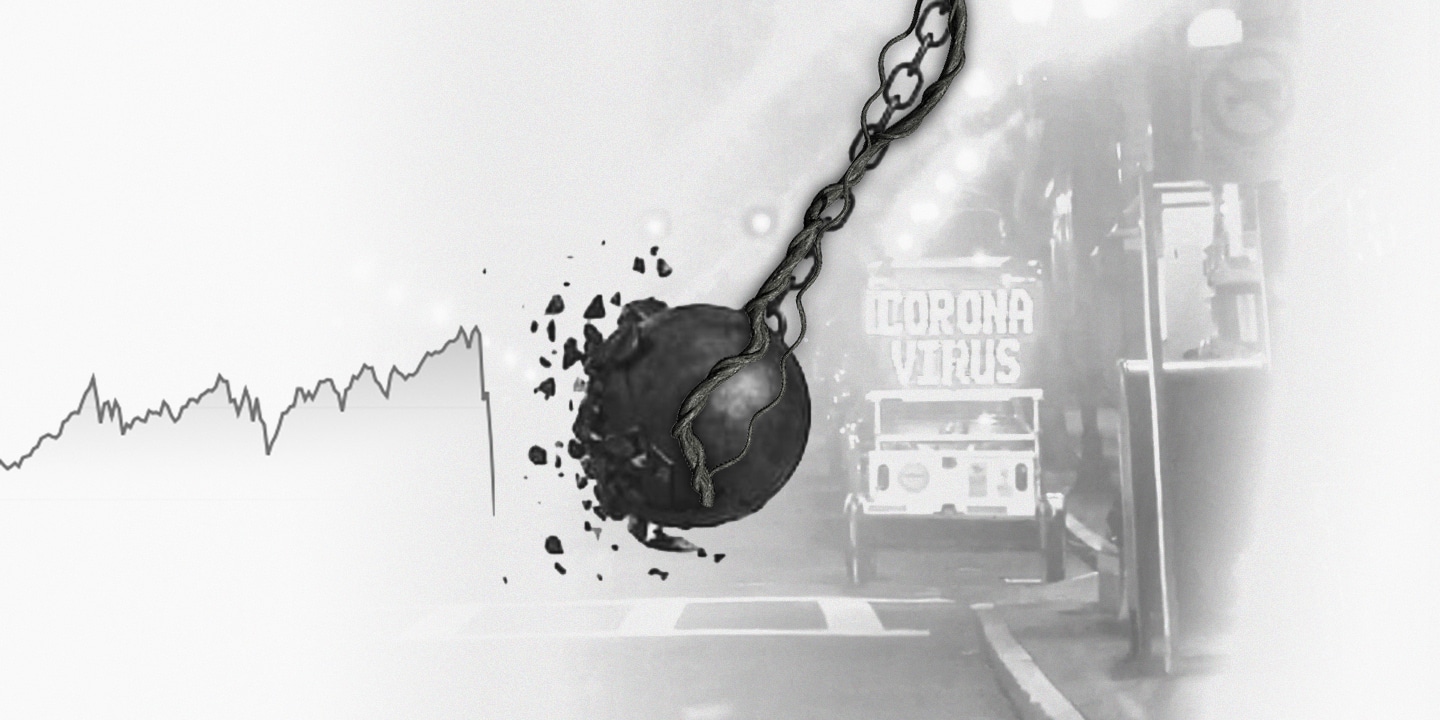
#12 – Capitalism can’t save us from coronavirus. Neither can psychedelics.
In the midst of increasing global engagement with the fallout of the novel coronavirus, we examine some responses to the pandemic within the “psychedelic community.”
Recognizing that the US has a longstanding history of privatizing profits while socializing costs, we also discuss the normalization of a “capitalist animism”—treating social phenomena like markets or financial capital as living entities—that fixates on “economic health” at the expense of public health.
As this unprecedented situation continues to unfold, we explore some considerations for this sudden period of social isolation within a broader culture of social alienation.
Co-hosts: Brian Normand, Neşe Devenot, David Nickles, Brian Pace. Editor: Matt Payne.
Watch
Episode links
Big Pharma Prepares To Profit From The Coronavirus
Coronavirus: What Has It Revealed?
How did we end up with health insurance being tied to our jobs?
The For-Profit Pharmaceutical Industry Is Leaving Us Exposed to Pandemics Like Coronavirus
Some more background….
We’ve spoken at length in past episodes about capitalist dynamics in relation to the medicalization of psychedelics and the emergence of big psychedelic pharma, but today we’re going to take some time to explore these dynamics in the context of the emerging pandemic of the COVID-19 infection caused by the novel coronavirus. This pandemic is offering a, perhaps, unprecedented historical moment within late capitalism, where the narratives of dominant culture are revealing themselves to be little more than myths uttered by the rich and powerful, in order to maintain their grip on power. As the mask slips in the face of this deadly pandemic, it’s worth looking at past responses to global health crises in order to see what insight they have to offer.
In 1938, President Franklin Roosevelt founded the National Foundation for Infantile Paralysis to combat polio. In the week prior to President Roosevelt’s birthday, stage, screen and radio star Eddie Cantor inspired a nationwide fundraising campaign for the foundation. Lapel pins were sold for 10 cents, numerous special features were produced by the movie and radio industries, private businesses held public events and donated a portion of their proceeds to the foundation, and thousands of people mailed letters, each containing a dime, to the white house. Cantor’s campaign, named the “March of Dimes” raised over $85,000 for polio research in its first wave, and the foundation went on to spend $233 million on polio patient care from 1938 through 1955, thanks largely to what the New York Times referred to as Cantor’s “genius…in generating large numbers of relatively small contributions for a cause.”
In 1952, working for the National Foundation for Infantile Paralysis, Jonas Salk developed his vaccine for Polio, which was announced as safe on April 12, 1955. When asked by television personality Ed Murrow, “Who owns this patent,” Salk replied, “Well, the people I would say. There is no patent. Could you patent the sun?” Salk recognized that his research and eventual breakthrough had been made possible by the contributions of countless individuals who cared for the health and safety of their fellow human beings. Who acted not out of a desire for personal enrichment, but from an inherent understanding of solidarity and mutual aid.
According to some calculations, Salk would have made about $7 billion if he had patented the polio vaccine. Laying aside questions of whether or not such a patent would have been legally defensible, we should laud the moral stance that Salk asserted. Namely, acknowledging the collective human effort of research and funding while refusing to put a predatory price tag on treatments to ameliorate human suffering.
Plus Three goes deep into the world of drugs, from local decriminalization and emerging psychedelic corporations, to leftist politics and mass incarceration. Each week we attempt to make sense of the complex connections between drugs, science, capitalism, policy, and culture.
Psymposia is a 501(c)(3) non-profit media organization. We depend on contributions from our readers and listeners, never ads. If you like the show please donate or support us on Patreon. Patreon supporters get bonus videos and more.
